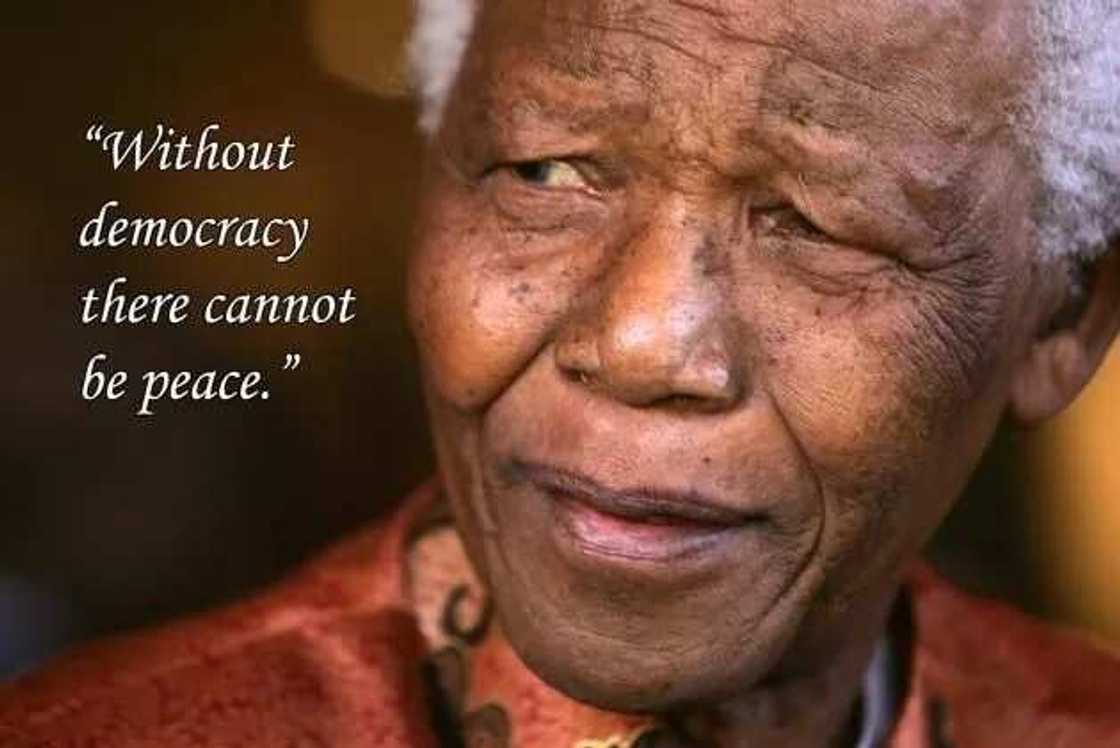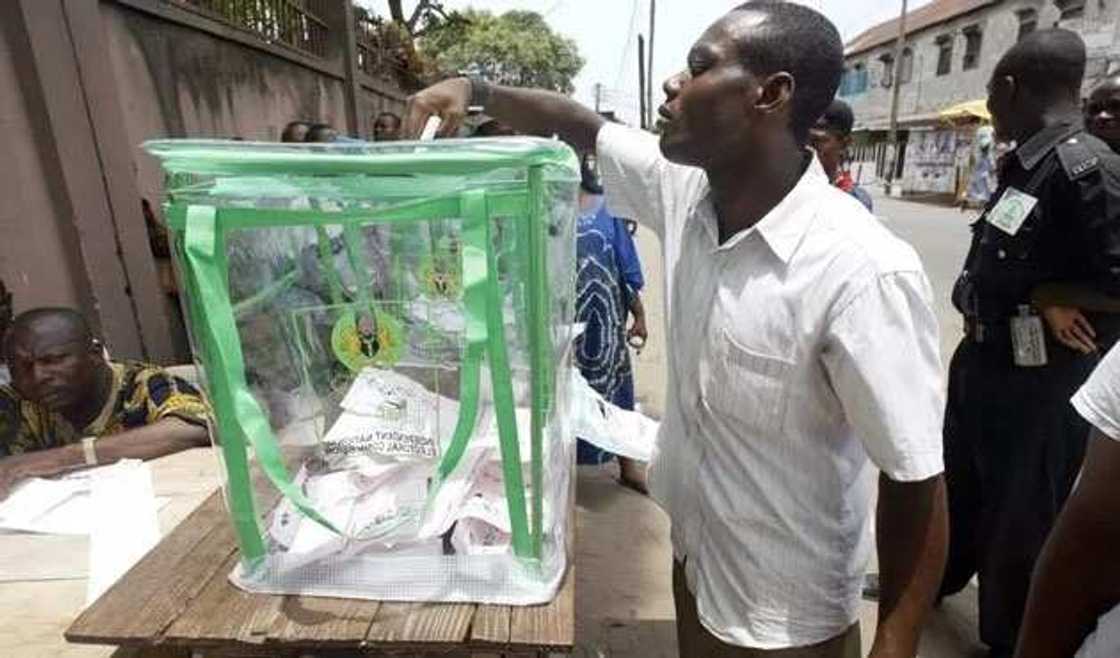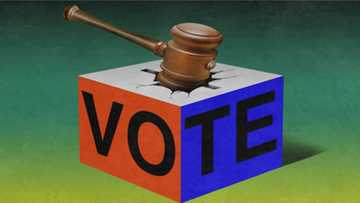Importance of election in democracy
The elections are the most important time for both citizens in a country and the politicians. A free and fair election guarantee the trust of the citizens in the elected government. As we all know, democracy is defined as a government of the people, for the people, and by the people. So how can elections impact the democratic process. Do elections denote true democracy? Keep reading to learn more about the importance of election in democracy.

The voting system and democracy in Nigeria
Nigeria is now considered to be one of the most democratic countries in Africa. From the past military rule to the democratic present which is reminiscent of the America-like model of government and election, Nigeria has proven itself to be a democratic country.
Speaking about the democracy process in Nigeria, the Deputy Leader of the Senate, Sen. Bala Ibn Na’Allah states: “We are not there yet but we will continue to struggle until we get there because with democracy we can say what we want and do what we want. We are better off in a democratic setting. We are better off disagreeing to agree, having the opportunity to air our views and affording every Nigerian the opportunity to contribute his or her quota to the development of the nation. “

The election is a pretty important democratic process and the most important expression democracy. On the federal level, Nigeria elects a president and a legislative body (the National Assembly). The National Assembly is divided into two chambers and elected for a 4-year term. The House of Representatives, which consists of 360 members and the Senate with 109 members.
READ ALSO: Importance of entrepreneurship in developing countries
Each of the 36 states in Nigeria is divided into 3 senatorial districts. Every district is represented by one senator. In addition, the Federal Capital Territory is represented only by one senator. Nigeria has a multi-party political system, however, there are only two or three strong parties, which are supported electorally.
There are 5 types of elections in Nigeria:
- Primary elections
- General elections
- Local elections
- Constitutional amendment elections
- Special elections

The importance of elections for democracy
No matter what type of elections are being done in a country, they represent a direct expression of citizens’ participation in democratic process. People participate in elections and choose their representatives in the government. Nigerians will have an impact on the situation of the country. For this reason, people should take the decision of voting very seriously.

A lot of low-income earners in the rural areas, who usually make up the majority of the electorate, are often fooled by indecent politicians and thus are not able to distinguish a good party’s representative from a not-so-good one. After the election is over, what usually happens is that all the promises made end up being ignored.
Therefore, every citizen should pay attention to the voting and election process in the country and avoid letting themselves get tricked. Democracy remains the most direct opportunity to change the future of any country.

The impact of elections on democracy cannot be underestimated. It is the most open and fair way to ensure the conscious participation of the people in the country’s democratic process and development. Ensure you make your voice head.
READ ALSO: Importance of culture in Nigeria
Source: Legit.ng



